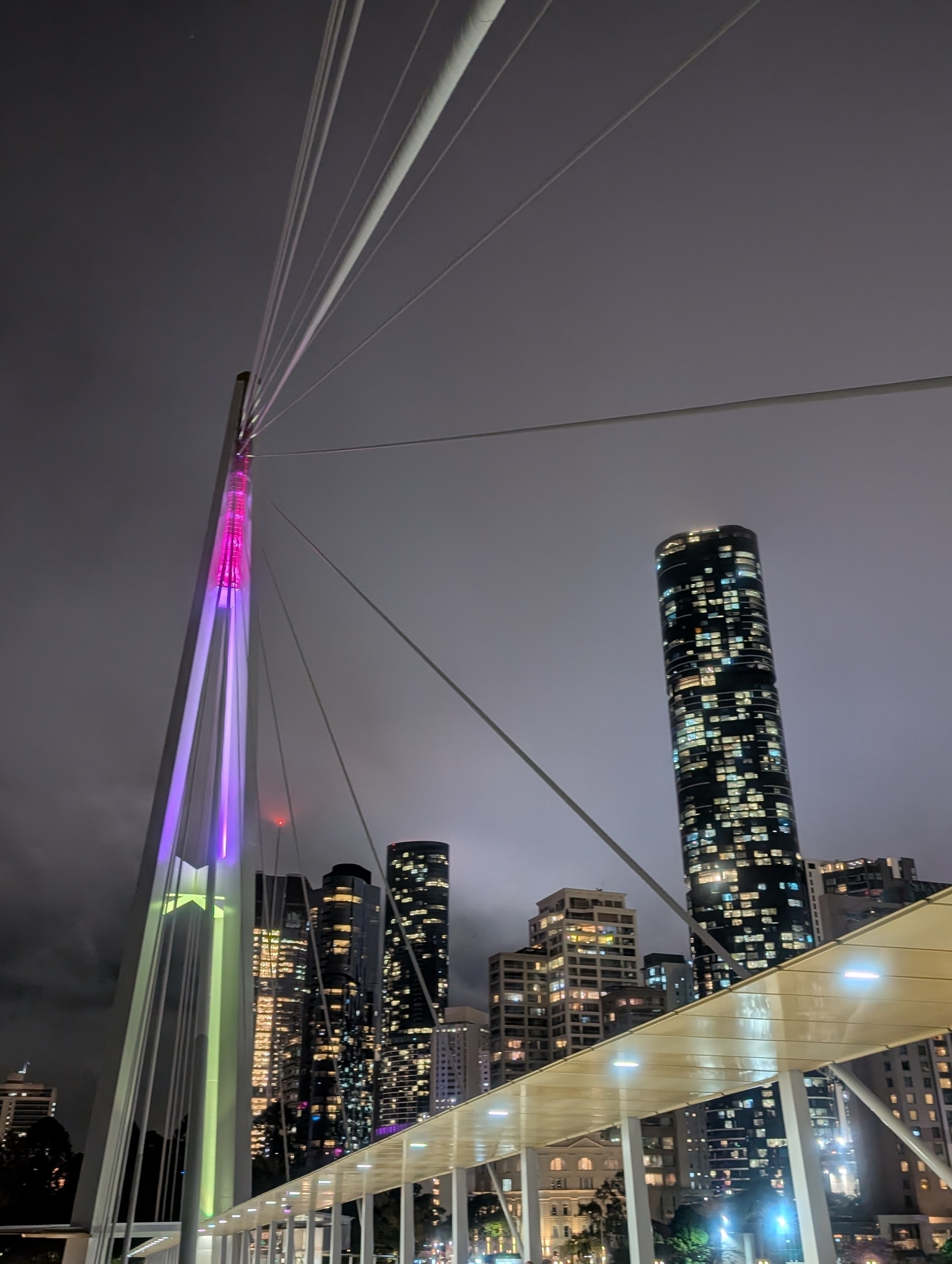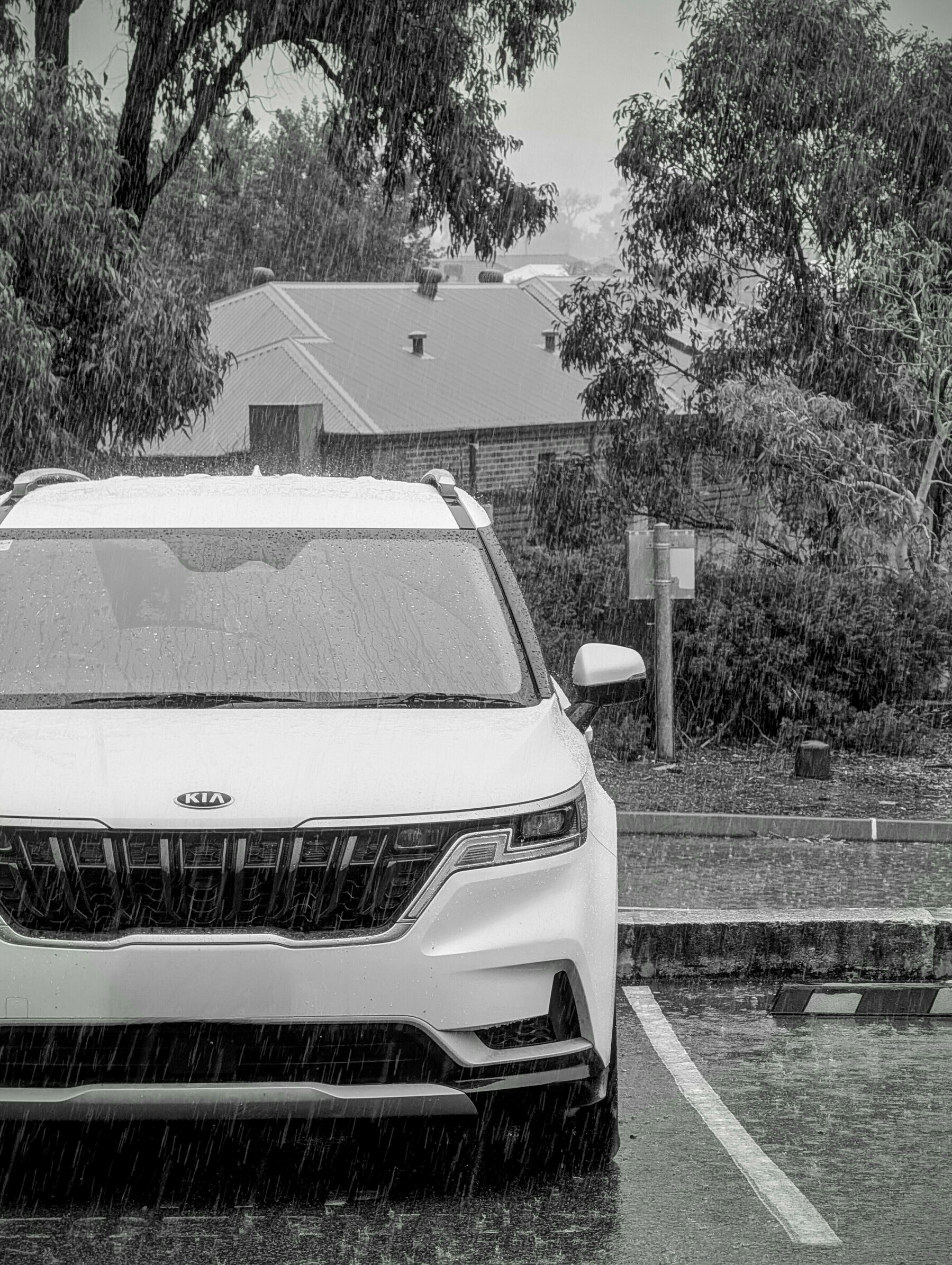Crossroads

We all have moments in our lives that feel like a “deciding the path” moment. Right now, for a couple of reasons that feels like it for me.
There’s probably two areas of my life where I need to make decisions moving forward: my professional life, and my health and personal wellbeing.
Trigger #1: itSMF Australia Service Management Conference 2025
I was lucky to travel to Brisbane last week to attend the 2025 itSMF Australia Service Management Conference; my first despite being in the ITSM industry for over a decade.
There was a fair bit of apprehension before attending though. Part of this was the fact I’ve been disengaged with the community by choice for my career so far (yay for social anxiety).
The other part was the nagging feeling questioning my place in the industry. Not from a skill point of view, but from my work providing real value.
The good news is that my time at the Conference was great. Meeting a bunch of Service Management professionals, both doing great work and driving forward with a passion I envy, made me less cynical of the industry as a whole.
The bad news is I’m still unclear of my place in it. Once again, I find myself frustratingly indecisive around what the hell to do and how to make things better.
Annoyingly, one of the things I enjoyed the most was taking photos and videos for the team socials. That’s not a career for me though, want to keep that very much in the enjoyable hobby category.
Trigger #2: Blood test results
Note: Don’t worry, there’s no serious medical revelation coming up. Things are good.
A shamefully overdue blood test was done recently. Part of this is because I knew what the result would be. Letting myself go a little over the past year, feeling worse and putting on weight. The test results just confirmed all of this, sugars and cholesterol slightly elevated; another revision needed.
I’ve struggled with weight all my life. A few years ago I made a bunch of lifestyle changes which helped a lot. While I still am better that at my worst, the yoyo has happened again.
Starting off slow to restart some of the lifestyle changes. Eat less junk and more healthy foods, drink more water, move more.
It sounds so simple yet some of us struggle with it. I wonder if I can actually make them more consistent moving forward.
But at a minimum, I’ll give it my best go.
